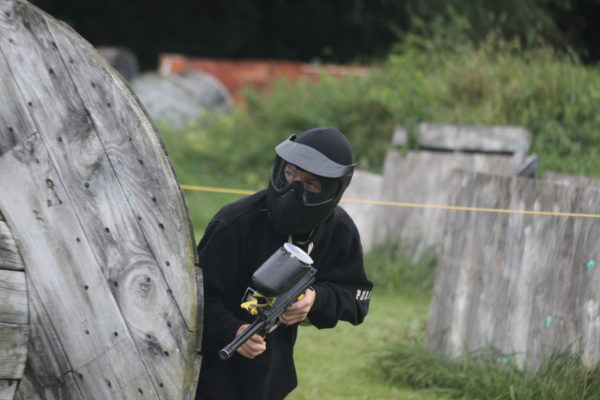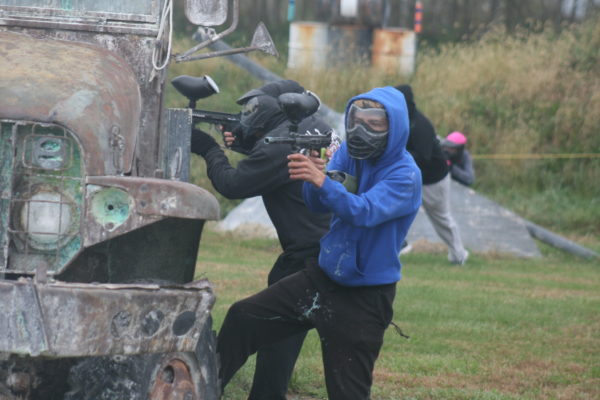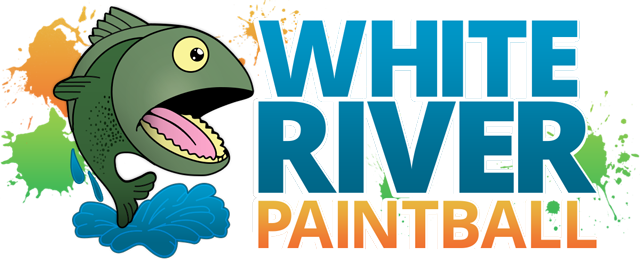The Psychology of Paintball: Understanding Player Behavior and Mindset
Paintball is more than just a high-adrenaline sport—it’s a battle of wits, strategy, and mental resilience. While physical agility and marksmanship are essential, a player’s mindset can often be the deciding factor between victory and defeat. Understanding paintball psychology can help players improve their performance, make smarter decisions under pressure, and enhance their overall experience on the field.
In this article, we’ll explore the psychology of paintball by analyzing player behavior, strategic thinking, and mental toughness. Whether you’re a beginner or a seasoned competitor, these insights will help you develop a stronger paintball player mindset and gain an edge over your opponents.
The Role of Psychology in Paintball
At its core, paintball is a psychological game. Players must navigate high-pressure situations, remain calm under fire, and make split-second decisions that can determine the outcome of a match. Here are a few psychological factors that influence a player’s performance:
1. Fight or Flight Response
When players hear the first shots fired, their brains trigger the fight-or-flight response—a natural reaction to perceived danger. Some players instinctively charge forward, while others hesitate or seek cover. Recognizing and managing this response can help players make more strategic choices rather than acting on impulse.
seek cover. Recognizing and managing this response can help players make more strategic choices rather than acting on impulse.
2. Decision-Making Under Pressure
Paintball requires quick decision-making. Players must assess their surroundings, identify threats, and execute strategies within seconds. Training and experience help refine decision-making skills, enabling players to react efficiently under high-stress conditions.
3. Confidence and Aggression
Confidence plays a crucial role in a player’s performance. Aggressive, decisive moves can intimidate opponents and shift momentum in your favor. However, recklessness can lead to mistakes, so finding a balance between confidence and calculated risk-taking is essential.
4. Emotional Control
Staying calm in the heat of battle is vital. Players who let frustration, fear, or anger take over are more likely to make errors. Emotional control helps maintain focus, execute strategies effectively, and improve overall team communication.
Developing a Strong Paintball Player Mindset
To excel in paintball, players must cultivate a mindset that balances aggression, strategy, and mental resilience. Here are some key aspects to develop a strong paintball mindset:
1. Situational Awareness
Successful players continuously scan their environment, tracking both teammates and opponents. Maintaining situational awareness allows players to anticipate enemy movements, make better decisions, and stay ahead of the competition.
2. Strategic Thinking
Rather than relying solely on instinct, skilled players approach each match with a strategy. Common strategic considerations include:
- Positioning: Controlling key areas of the field.
- Communication: Relaying information to teammates.
- Adaptability: Adjusting tactics based on enemy movements.
- Ammo Conservation: Making every shot count instead of wasting paint.
3. Team Coordination and Communication
Paintball is a team sport, and communication is critical for success. Teams that develop hand signals, concise callouts, and clear plans have a significant advantage. Understanding your teammates’ strengths and weaknesses helps create a more effective game plan.
4. Mental Toughness and Endurance
The best paintball players train not only their bodies but also their minds. Mental endurance means staying focused even when tired or outnumbered. Practices such as visualization, breathing techniques, and stress management exercises can help players stay mentally sharp during long matches.
Understanding Player Behavior in Paintball
Different players exhibit various psychological traits that influence their playstyle. Recognizing these behaviors can help you predict opponents’ actions and counter their strategies effectively.
1. The Aggressor
- Moves quickly and seeks direct confrontations.
- High confidence but may overextend and get eliminated early.
- Best countered by ambush tactics and defensive play.
2. The Strategist
- Takes a calculated approach, analyzing enemy positions before engaging.
- Uses cover effectively and coordinates with teammates.
- Hard to predict but can be neutralized by disrupting their plans.
3. The Defender
- Holds key positions and waits for opponents to come into range.
- Excellent at conserving ammo and outlasting aggressive players.
- Can be flanked or overwhelmed by coordinated team pushes.
4. The Sniper
- Stays hidden and picks off enemies from a distance.
- Relies on patience and accuracy rather than speed.
- Can be neutralized by closing the distance or forcing movement.
5. The Rookie
- Hesitates, unsure of when to engage.
- May waste ammo and reveal their position unknowingly.
- Best way to counter: Apply pressure and force mistakes.
By recognizing these playstyles, you can adjust your strategy accordingly and gain a psychological edge over your opponents.
The Impact of Psychology on Team Dynamics
Paintball is as much about teamwork as it is about individual performance. Understanding paintball psychology helps teams develop synergy and work more effectively together. Here’s how:
1. Building Trust
Teammates must trust each other’s skills and decisions. When players hesitate due to a lack of trust, team performance suffers. Practicing together and developing strong communication builds confidence in each other’s abilities.
2. Managing Stress and Pressure
Teams that handle pressure well perform better in critical moments. Encouraging each other, staying positive, and maintaining composure help teams stay focused and execute strategies efficiently.
3. Role Assignment
Each player should have a defined role based on their strengths. Whether it’s being a front-runner, support, or sniper, assigning roles maximizes efficiency and ensures everyone plays to their strengths.
Understanding paintball psychology and the paintball player mindset is crucial for improving individual and team performance. By mastering situational awareness, strategic thinking, emotional control, and mental resilience, players can elevate their game and outmaneuver their opponents.
Whether you’re a casual player looking to improve or a competitive athlete aiming for dominance, focusing on the psychological aspects of paintball will give you the edge needed to win more matches and enjoy the game even more.
Are you ready to take your paintball mindset to the next level? Gear up, step onto the field, and put these psychological principles into action at White River Paintball!




